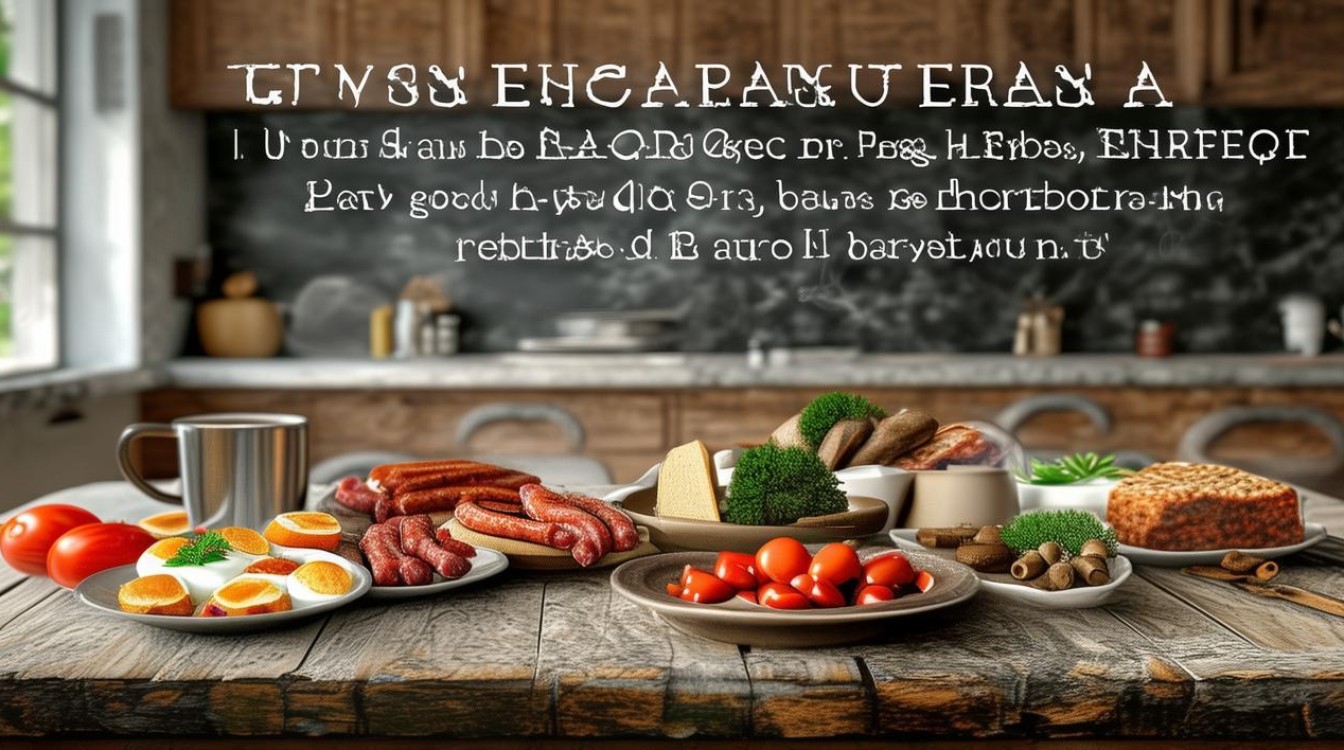Morning meals hold a special place in cultures worldwide. The English word for the first meal of the day is "breakfast." It combines "break" and "fast," referring to ending the overnight fasting period. But there’s more to this simple term than meets the eye.

The Meaning and Origin of "Breakfast"
The concept of breakfast dates back centuries. In Old English, the term was "morgenmete" (morning meal), but by the 15th century, "breakfast" became standard. The word reflects practicality—breaking the fast after sleep. Historically, breakfast varied by social class. Laborers ate hearty meals like bread and ale, while the wealthy enjoyed meats and pastries.
Common Breakfast Terms in English
Understanding "breakfast" is just the start. Here are related words and phrases:

- Brunch: A late-morning meal combining breakfast and lunch (popular on weekends).
- Continental breakfast: A light meal with pastries, fruit, and coffee, common in hotels.
- Full English breakfast: A hearty platter with eggs, bacon, sausages, beans, and toast.
- Breakfast foods: Items like cereal, oatmeal, pancakes, and yogurt.
Why Breakfast Matters
Nutritionists emphasize breakfast for energy and focus. Skipping it may lead to fatigue or overeating later. Studies link regular breakfast consumption to better metabolism and cognitive function.
Global Breakfast Traditions
English isn’t the only language with interesting terms. Compare:

- French: "Petit déjeuner" (little lunch).
- Spanish: "Desayuno" (from "des-" + "ayuno," meaning "to break fast").
- Japanese: "Asagohan" (morning meal).
How to Use "Breakfast" Naturally
In sentences:
- "I always eat breakfast before work."
- "She prefers a continental breakfast."
- "Let’s grab brunch this Sunday."
Misconceptions About Breakfast
Some believe skipping breakfast aids weight loss, but research shows mixed results. What matters is overall diet quality.

Final Thoughts
"Breakfast" is more than a word—it’s a cultural and nutritional cornerstone. Whether you enjoy a quick yogurt or a full English spread, starting the day right matters. Next time you hear "breakfast," remember its rich history and global variations.



